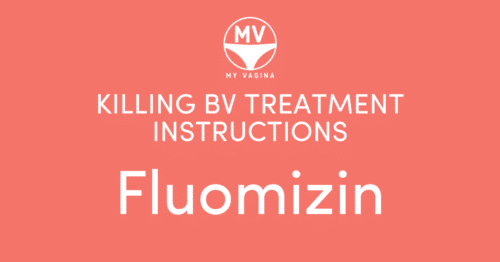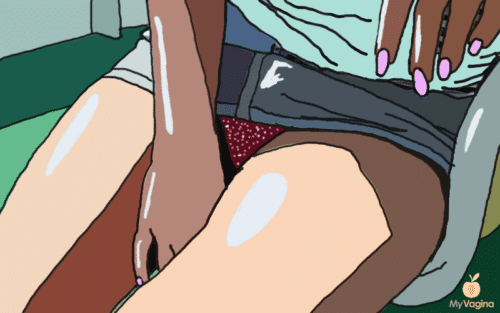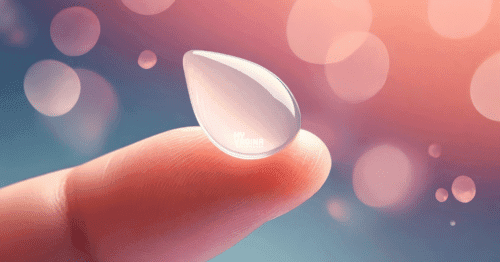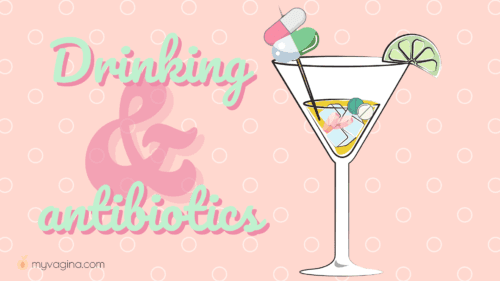Understanding the LEEP procedure
LEEP is a surgical procedure to remove the top layer of cells from the cervix, which can be affected by precancerous changes caused by HPV. The sample is then tested for cellular changes associated with cervical cancer.
How to test your urinary pH
We teach you how to take a urinary pH test at home, for cheap, and how to read and interpret the results.
BV mouth treatment (Killing BV)
How to get BV out of your mouths! Discover a 7-day oral treatment to help combat vaginal BV - and get fresher breath.
Understanding the monsplasty
A monsplasty is the removal of fat or skin from the mons pubis for cosmetic reasons, with the procedure very rarely performed for medical reasons.
Essential oil suppository recipe for soothing vaginal tears
Some ideas on how to make a soothing, healing essential oil suppository for inner vaginal cuts and tears. Help your vagina to heal.
How to moisten a dry vagina
A quick look at the different options for moistening a dry vagina.
How to use fermented foods to your vaginal advantage
Here's the rundown on fermented foods for your vaginal ecosystem.
Study: thyme cream for bacterial vaginosis
A thyme-like herb was trialled against standard antibiotic treatment for BV, and has come out slightly under par in a direct comparison.
Study: can calendula cure BV?
When treating BV, a calendula cream was just as effective as antibiotics one week after application, and can be used as an alternative treatment to antibiotics.
How to use the Four-pronged Approach Fixer Box- vagina
We take a new approach to biofilms with systemic biofilm busters plus a new, easy one-a-day vaginal treatment.
How to use Fluomizin
How to use Fluomizin vaginally as part of the Killing BV treatments.
Review: Fluomizin (dequalinium chloride)
Fluomizin is a vaginal tablet used for vaginal infections, primarily in the European Union.
Using dequalinium chloride (Fluomizin) to treat vaginal infections
Dequalinium chloride (Fluomizin) is an effective non-antibiotic antimicrobial used vaginally for BV, AV and yeast infections.
Using colloidal silver or silver nanoparticles to treat vaginal infections
We examine the antimicrobial properties of colloidal silver and discuss the possible effectiveness of colloidal silver in vulvovaginal infections.
Female smegma: causes, hygiene and how to clean safely
Female smegma buildup under the clitoral hood explained — what it means, why it happens, and safe cleaning tips.
How to make a herbal or essential oil pessary/suppository
Instructions on making vaginal or rectal suppositories and pessaries.
The vagina as a drug delivery system
Using the vagina as a drug delivery system has got legs - should we be using this more often?
Review: Betadine Vaginal (Povidone-Iodine)
Betadine - povidone-iodine - is an effective antimicrobial treatment for vaginal infections, but only certain types. A microbe must be susceptible, and not be hiding in a biofilm.
Understanding and using povidone-iodine (Betadine) for vaginal infections
Learn about the effectiveness of povidone-iodine (Betadine) vaginally for use in infections such as BV, AV and yeast.
Drinking alcohol and taking antibiotics – what’s the deal?
Understanding why some antibiotics may interact badly when you drink with them.








